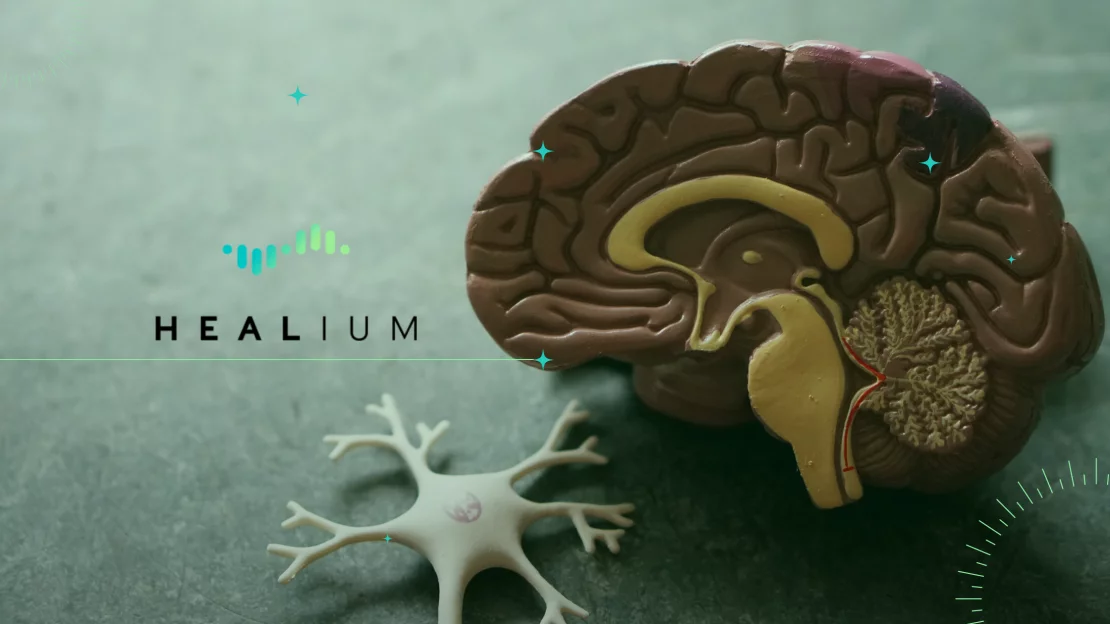Investigating The Way Sleep Ailments Disrupt Brainwave Function and Impact Mental Function
Investigating The Way Sleep Ailments Disrupt Brainwave Function and Impact Mental Function
Blog Article
Slumber is an crucial part of our daily lives, allowing our physical selves and mental faculties to rest and rejuvenate. However, many individuals experience from slumber disorders, which can considerably disrupt slumber patterns. These disorders can lead to multiple issues, including alterations in brainwave activity. Brainwaves are electrical signals in the brain that indicate our cognitive state and function. When slumber is disturbed, the normal patterns of brainwaves can be impacted, resulting to issues with cognitive function, such as recall, focus, and judgment.
There are various types of slumber disorders, including insomnia, sleep apnea, and unsettled leg syndrome. Insomnia is characterized by difficulty going or staying asleep, while slumber apnea involves pauses in breathing during sleep. Unsettled leg syndrome causes discomforting sensations in the limbs, leading to an compelling urge to shift them. Each of these disorders can disrupt the natural slumber cycle, which consists of various stages, including light sleep, profound sleep, and REM (rapid eye movement) sleep. Each stage holds a crucial role in maintaining overall cognitive health and function.
When slumber disorders interfere with these stages, neural wave activity can become erratic. For instance, during deep sleep, the mind generates slow delta waves, which are essential for physical restoration and recall consolidation. If a individual Continued experiences repeated awakenings or does not attain profound sleep, the production of these delta waves is reduced. This can result to challenges in learning new information and retaining memories. Additionally, REM sleep, which is linked with dreaming and affective processing, is also impacted. Disruptions in REM sleep can result to issues with affective regulation and creativity.
The effect of slumber disorders on cognitive function is substantial. Research has shown that individuals with sleep disorders often experience difficulties with focus and focus. This can influence their performance at educational institutions or work, making it difficult to complete tasks or engage in discussions. Furthermore, long-term sleep deprivation can result to emotional changes, increased stress, and even anxiety or depression. These mental and emotional challenges can create a vicious cycle, where poor sleep results to mental difficulties, which in turn can lead to more sleep problems.
Tackling sleep disorders is crucial for enhancing neural wave activity and cognitive function. Treatment options may encompass habitual changes, such as establishing a consistent sleep schedule, creating a cozy slumber environment, and practicing relaxation techniques. In some cases, clinical intervention may be required, such as using a CPAP machine for sleep apnea or pharmaceuticals for sleeplessness. By prioritizing slumber and seeking appropriate treatment, people can improve their overall cognitive abilities and improve their quality of life. Understanding the connection between slumber disorders, brainwave activity, and cognitive function is an essential step toward improved health and well-being.